Holyrood can appear distant to communities beyond the central belt but campaigners like Amanda Kopel prove ordinary people can use the Scottish Parliament to make big changes for the whole country.
Amanda famously won support for Frank’s Law, named after her husband, the former Dundee United player Frank Kopel.
Her use of the petitions system at parliament means people under 65 can get free personal care.
But she’s not the only person from the region who convinced MSPs to make a difference.
For this special look at how the public can use parliament, we spoke to Amanda and to a Monifieth man who was able to make vital changes to building regulations after his young daughter died.
We also spoke to the woman who oversees parliamentary business – presiding officer Alison Johnstone – and heard commitments to make parliament more open to the public.
Alan Masterton: Protecting children
Alan Masterton lost his four-year-old daughter Nicole in 1999 after she received third-degree burns from a small bonfire in their back garden.
Mr Masterton, who works as a lawyer in Monifieth, said his daughter and her brother had been outside playing while they burned some rubbish when her woolly cardigan caught fire.
He said: “It only took three seconds – she walked past the fire a good distance away but the wind changed direction and caught her jumper.”
Nicole was taken to Ninewells Hospital in Dundee and then onto Edinburgh Sick Kids where she underwent 100 hours of surgery and had to be placed in an induced coma.
I feel like we have prevented a few thousand kids from suffering.
– Alan Masterton
But 60 days later one of her skin grafts got infected and she died.
The dreadful experience led him to start the Scottish Burned Children’s Club for victims and their families.
The charity, which runs outward bound camps and awareness campaigns, soon realised 80% of children they were seeing had “horrific” hot water injuries.
He wanted to prevent other families going through the same heartache and asked for special valves to be fitted to hot water taps to prevent boiling hot water being poured into baths and sinks.
Mr Masterton made a mock-up of this type of valve and took it to Holyrood to try and convince MSPs to make the change.
He brought along one of the children from his club to help state his case.
Third degree burns
Mr Masterton said: “He had been in the bath with his sister and their mum went out to get a towel from the hall.
“His sister turned on the hot tap and that resulted in massive third-degree burns to his chest.
“He was only about seven months old when that happened and when we went to parliament he was 16, but all through his life he had needed various skin grafts and operations.
“If you look at the amount spent on this young lad, all of the injury work cost over £1.5 million over 15 years.”
His petition was a success and it has been a regulation for new build houses and extensions to have these valves fitted in Scotland since 2006.
Mr Masterton said: “I feel like we have prevented a few thousand kids from suffering this kind of horrific injury – in a quiet moment I like to think about how many kids this has protected.”
Amanda Kopel: Frank’s Law
When former Dundee United footballer Frank Kopel was diagnosed with dementia at the age of 59, his wife Amanda found he was not entitled to free personal care because he was too young.
I was petrified, to me these were people you only ever saw on TV or in the newspapers.
– Amanda Kopel
She spent years campaigning to get this changed.
Ms Kopel said it was “Hell on earth” to watch her husband deteriorate with dementia.
She said: “I still remember the day we got his diagnosis – he said, ‘it is not the end of the world’.
“I said ‘no, but it is the end of our world’.
“We were only 8 and 10 when we first met.”
‘I was petrified’
By the age of 62 Frank had become doubly incontinent and his wife discovered she was not able to get pads for him on a prescription because he was too young.
That’s when her campaign to get the law changed started.
READ MORE: How does the Scottish Parliament public petitions system work?
When Ms Kopel was first invited to speak at the parliament’s petitions committee, she said she was really nervous: “I thought because I am just an ordinary person, there is no way I could even start doing something like that.
“I was petrified, to me these were people you only ever saw on TV or in the newspapers.”
After her first appearance at Holyrood she said she realised that while she had things to learn from the MSPs, they had things to learn from her too.
She said: “I found even people I thought might understand a bit more actually had very little understanding of a young person with dementia.”
Although she was able to get the law changed it was too late for her husband Frank – he died in 2014 a year after her campaign started.
When she heard the news her proposals were going to be introduced in 2019, she kissed a photograph of him that she keeps by her side.
Success ‘fills my heart with joy’
Despite finding some problems with how the law has been implemented, Ms Kopel said she is pleased her campaigning has had a positive impact.
She said: “There are now a lot of people who are getting it and that fills my heart with joy.”
READ MORE: Scottish Parliament petitions give you a ‘direct line’ to democracy
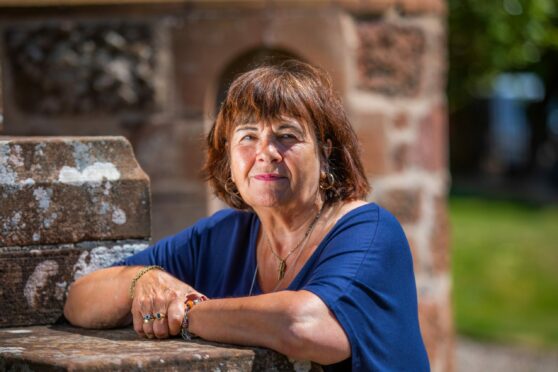





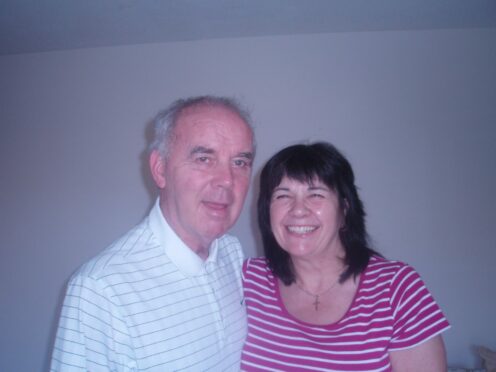



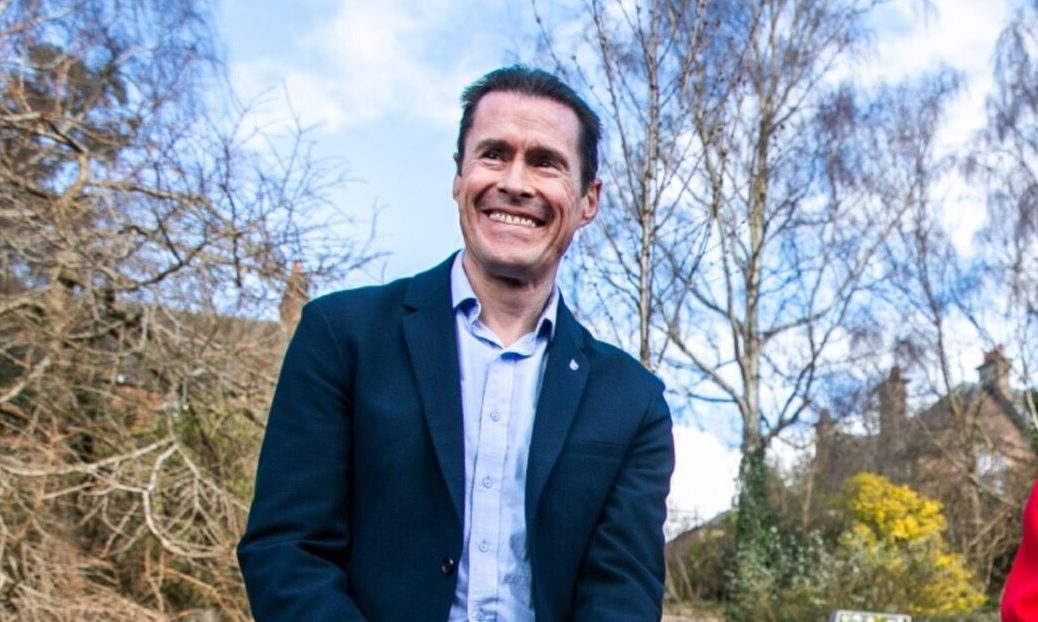
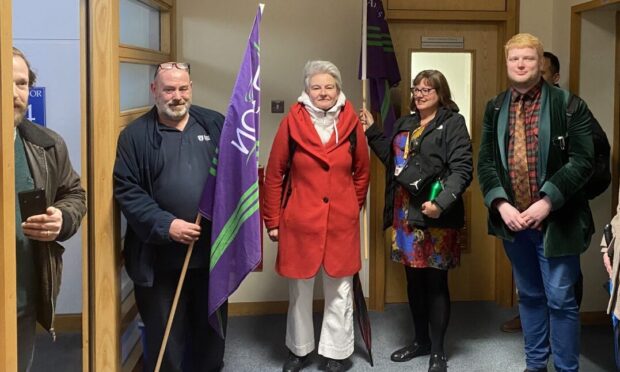



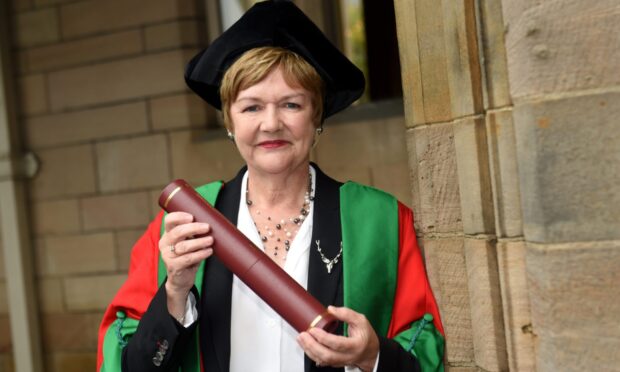

Conversation